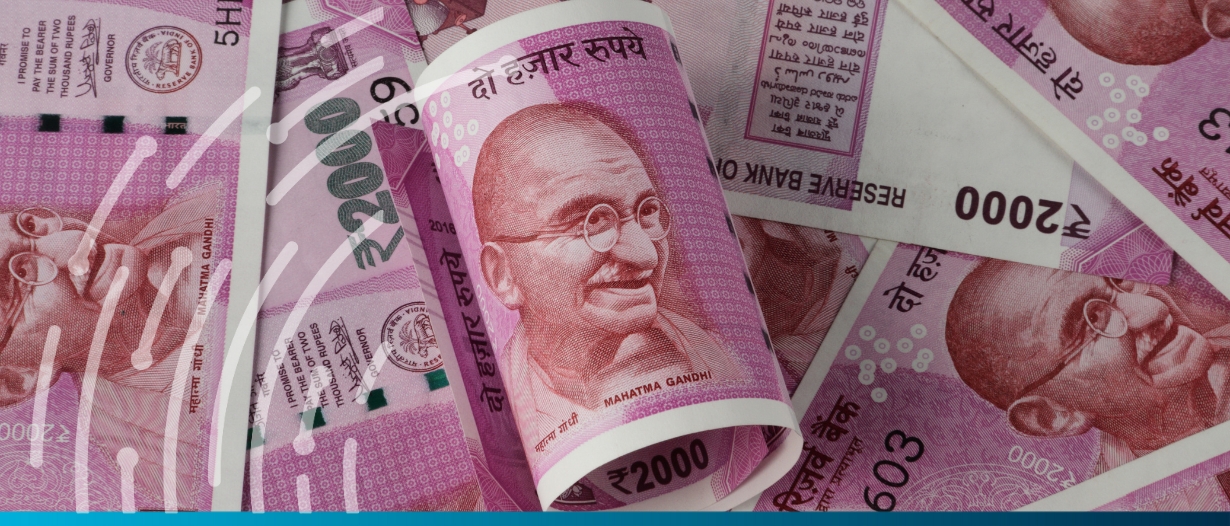India’s central banking authority is encouraging domestic banks to advise their clients to settle trade transactions between the United Arab Emirates and India using the dirham (AED) or Indian rupee (INR), in an effort to decrease US-dollar-based transactions, according to five sources who spoke to Reuters.
This initiative is a component of the Reserve Bank of India’s more extensive objective of fostering settlements in local currencies with nations with which India has a trade shortfall.
This could have the secondary effect of enhancing the rupee’s global standing, as explained by three sources in banking.
Data provided by the government shows that India’s trade imbalance with the UAE amounted to $21.62 billion in the fiscal year 2022/23, which equates to 8.2% of its total deficit. In an agreement in July, both nations decided to enable trading in rupees rather than dollars.
A source in the government expressed that the objective was to minimise the expenditure of dollars owing to this trade imbalance.
“The RBI has asked banks to encourage clients and corporates to initiate INR-AED trades gradually, instead of using the dollar,” a private bank’s treasury official stated.
This month, four sources revealed that an RBI official verbally conveyed this directive to foreign exchange dealers at a seminar. This statement has not been disclosed before.
All the sources chose to remain anonymous as they are not authorised to discuss with the media. There was no response to a Reuters email requesting comment from the RBI and trade ministry.
A government source mentioned that the RBI might think about establishing internal goals for the proportion of India-UAE trade that it would prefer to divert from dollars.
An individual from the banking sector mentioned that the central bank is “keen that volumes of such trades go up” and “has assured the market that they will be ready to support banks with INR-AED trades.”
Although there is no publicly accessible information regarding cross-currency trade volumes, at least three bankers stated that the present volume is minimal, which may pose a challenge for corporations in making entire payments for imports in dirhams.
In fact, earlier this month, Indian Oil Corp paid Abu Dhabi National Oil Co (ADNOC) in rupees for a million barrels of oil.
“The RBI is telling banks to first encourage large clients and corporates to start INR-AED trades because their balance sheets are relatively stronger,” another banker noted.
However, up until now, big corporations have shown hesitation in engaging in non-dollar-denominated transactions, one state-run firm’s banker said.
On the other hand, with smaller firms, bankers have advocated for such transactions, offering reduced service charges as an enticement, according to a banker.
 Australia
Australia Hong Kong
Hong Kong Japan
Japan Singapore
Singapore United Arab Emirates
United Arab Emirates United States
United States France
France Germany
Germany Ireland
Ireland Netherlands
Netherlands United Kingdom
United Kingdom










Comments are closed.